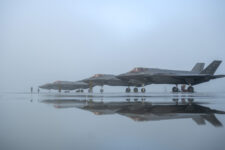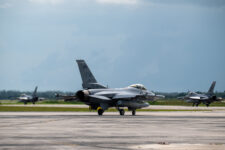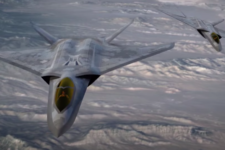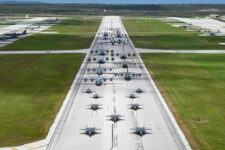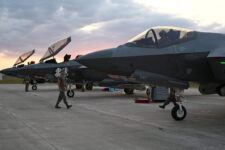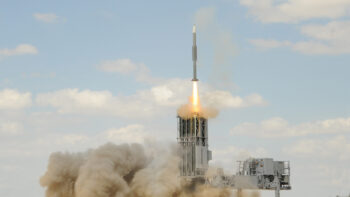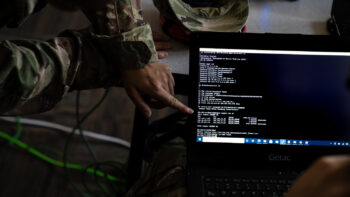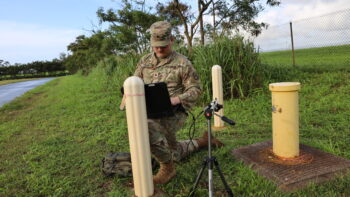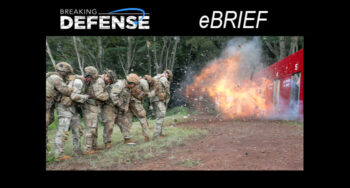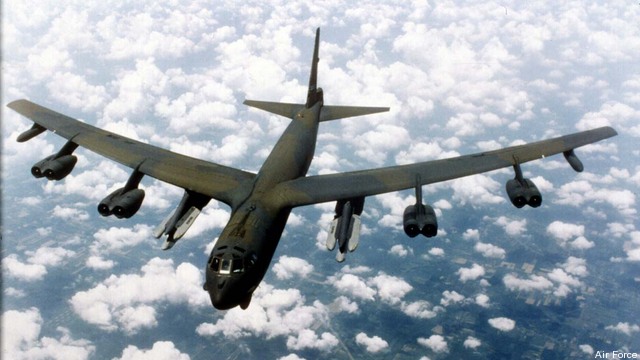 The Air Force general responsible for most of the nation’s military nuclear force is worried that the Continuing Resolution and the automatic budget cuts known as sequestration will wipe out 20 percent of the money he needs to keep his force combat ready.
The Air Force general responsible for most of the nation’s military nuclear force is worried that the Continuing Resolution and the automatic budget cuts known as sequestration will wipe out 20 percent of the money he needs to keep his force combat ready.
“You can’t take those kinds of reductions we’ll be looking at without some kind of degradation.” said Lt. Gen. James Kowalski, commander of Air Force Global Strike Command and America’s nuclear-capable bombers and the Minuteman III intercontinental ballistic missiles (ICBMs) that represent two-thirds of the total nuclear deterrence force.
Kowalski, speaking to reporters at a Defense Writers Group breakfast, said the budget cuts aren’t the only thing worrying him. Like most of the military leadership (and most Americans), he just doesn’t have a clear idea of what is happening on Capitol Hill. “I wish I had a better sense of where all this is going,” the general said.
Given what he does know, the funding cuts would have a major impact on the flying hours needed to keep his bomber crews and their support personnel trained and ready.
The veteran B-52 pilot said he already has cut the flying hours for his B-52s by 10 percent in an effort to get ahead of the possible funding cuts.
The B-2s, the nation’s only stealthy long-range strike platform, need fewer training flights because of their sophisticated mission simulator, he said. Although the batwing bombers’ “overall health is sufficient to meet the commanders’ needs,” he said, “it’s not where we would like.”
The general said he has not been given any guidance on whether his nuclear-deterrence mission would get special treatment under the funding cuts.
“Nuclear forces are different, because they are national forces,” he noted. “I think there is less latitude for the Air Force to come up with its own decisions.”
Global Strike Command was created in 2009 after a number of cases of careless handling of nuclear weapons led to the unprecedented firing of the Air Force secretary and chief of staff. Kowalski said he did not believe the threatened funding cuts would have any impact on his mission to keep the nuclear weapons “safe, secure and effective.”
His force structure is being reduced in compliance with the New Start nuclear arms reduction treaty with Russia. He currently is maintaining a force of up to 60 nuclear capable bombers and up to about 420 ICBMs and is awaiting instructions on what additional reductions to make.
Israel signs $583 million deal to sell Barak air defense to Slovakia
The agreement marks the latest air defense export by Israel to Europe, despite its ongoing war in Gaza.



